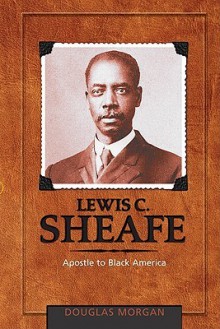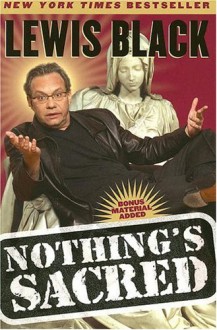
One of the most effective evangelists in Adventist history was totally forgotten for over a century, let alone that he was a black man who found an audience no matter skin color. Lewis C. Sheafe: Apostle to Black America by Douglas Morgan not only reveals the life of one of the first black pastors in denomination history, how Adventism navigated the rising segregation in the Southern U.S., and why Sheafe was forgotten until rediscovered by historians within the last quarter century.
Born to two former slaves in Maryland, Lewis C. Sheafe was raised in abolitionist dominated Massachusetts with a very spiritual-minded mother. After his conversion at 15, Sheafe began searching for a denomination to join but during his search he felt the call to become a preacher. Though not as well-schooled as his eventual classmates at Wayland Seminary, Sheafe worked hard at the Washington D.C. school to graduate with honors and along the way meet is future wife Anne. The newlyweds would first go to a Baptist church in Minneapolis where they healed the recently divided congregation as well as become a major part of Black community in the city, something that would happen everywhere Sheafe would go. Sheafe and his growing family would then pastor at several Ohio churches before his health brought him to Battle Creek Sanitarium where he learned about the beliefs of Seventh-day Adventists. Within months Sheafe and his family had joined the denomination, which found Sheafe to not only be only their second black preacher but obviously the best educated minister. For around five years, Sheafe worked in Ohio, Kentucky, and various cities in the Southern States before the denomination asked him to come to Washington D.C. to help found a black only congregation as they attempted to “accommodate” the segregation of the city so as to spread the word. However, Sheafe upset the plan from the beginning by bringing in both black and white converts to the church meant only for black members. Later Sheafe began a new church that only had black member which as time progressed would eventually be a thorn in the side of the denomination with and without Sheafe for the next two decades. It was while he was at this church that Sheafe left the denomination for the first time only to return with said church before taking a position in Los Angeles where he would eventually break with the denomination again to start the Free Seventh-day Adventist denomination. But eventually Sheafe would return to the Washington church he began and spend the rest of his ministry there before his death, but never turn away from Adventist beliefs even though he had left the denomination.
The sources on Sheafe’s life were few and far between but Morgan was able to find them to bring his life to the fore. Yet Morgan also examined how the General Conference handled spreading the messaged to African-Americans just as Segregation and Jim Crow began taking hold in the Southern United States, which resulted in causing friction between the GC officials and Sheafe that only grew when many black Adventists felt they weren’t being given equal treatment with educational and health institutions constructed for their use. In fact, Morgan gives an in-depth view of the early beginnings of the Negro Department which would eventually lead to Black/African-American Conferences within the structure of the North American Division. And Morgan brings in the controversy of John Harvey Kellogg and A.T. Jones’ criticism and break away to give greater context to how the General Conference viewed Sheafe’s first break and how the situation was completely different during his second break.
Lewis C. Sheafe was until recently not a well-known name in the greater Adventist community, however Douglas Morgan found his influence strong not only with prominent black Adventists but also in denominational history for the changes his breaks resulted in making. Mixing not only Adventist history with wider American history at the time, Morgan places Sheafe in context with his times and helps explain his actions. This is a highly recommended biographical and historical book that history-minded Adventists should read.

 Log in with Facebook
Log in with Facebook 










